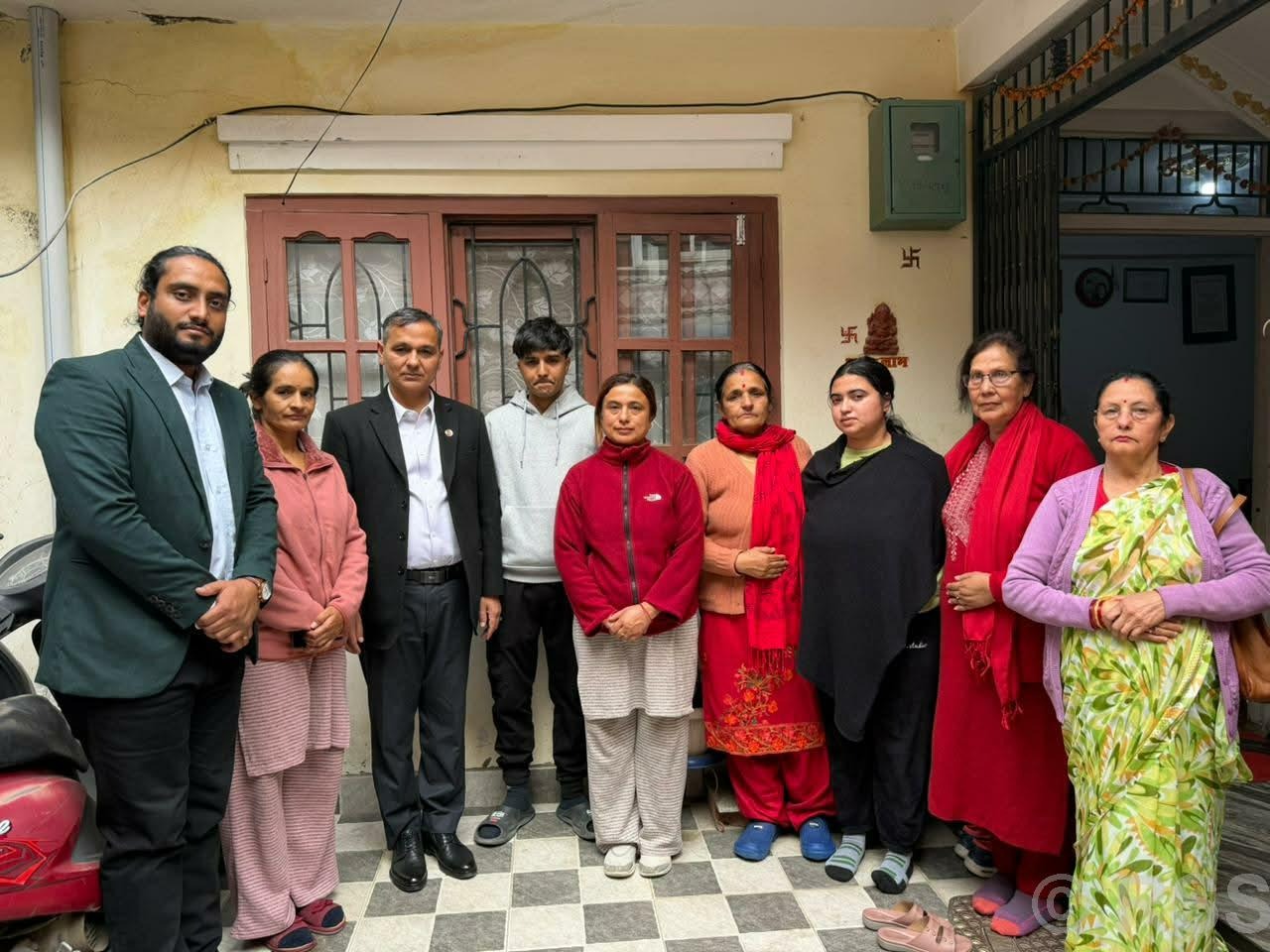Nepali Film “Purna Bahadur Sarangi” Sparks Emotional Response but Misses Transformational Message

Kathmandu, Nov 18: The recently released Nepali film “Purna Bahadur Sarangi” has garnered widespread attention, with audiences praising the powerful performance of Vijay Baral, who plays the titular role. The film’s portrayal of societal discrimination and marginalization has led to widespread discussions and emotional responses, with many shedding tears over its heart-wrenching narrative.
Baral’s acting, especially his ability to completely immerse himself in the character, has been celebrated. He has become synonymous with the character of Purna Bahadur, a Dalit sarangi player struggling against the deeply ingrained caste-based discrimination in society. Social media is abuzz with praise for his role, which many describe as a career-defining performance.
However, the film has also drawn criticism for its failure to go beyond merely reflecting societal issues. Critics argue that while “Purna Bahadur Sarangi” effectively mirrors the struggles faced by marginalized communities, it does not offer solutions or inspire meaningful transformation. The film leaves viewers with unanswered questions, such as why caste discrimination persists and how it can be eradicated.
The movie highlights Purna Bahadur’s attempts to secure a better future for his son, who aspires to become a doctor. However, the narrative stops short of addressing whether the systemic discrimination he endured would affect his son’s future. This omission has led to critiques that the film prioritizes emotional appeal over driving social change.
As Nepal progresses in its democratic governance, critics believe that art, including cinema, should not only depict societal challenges but also inspire solutions and foster a sense of accountability. In this context, “Purna Bahadur Sarangi” is seen as a missed opportunity to challenge and break down caste-based discrimination effectively.
While the film succeeds in evoking empathy and sparking conversations, it has been criticized for “selling tears” rather than promoting a vision of equality and empowerment for marginalized communities. For lasting impact, some believe future works should aim to address systemic issues and drive societal transformation rather than merely reflecting existing injustices.
Facebook Comment
latest Video
Trending News
- This Week
- This Month

















